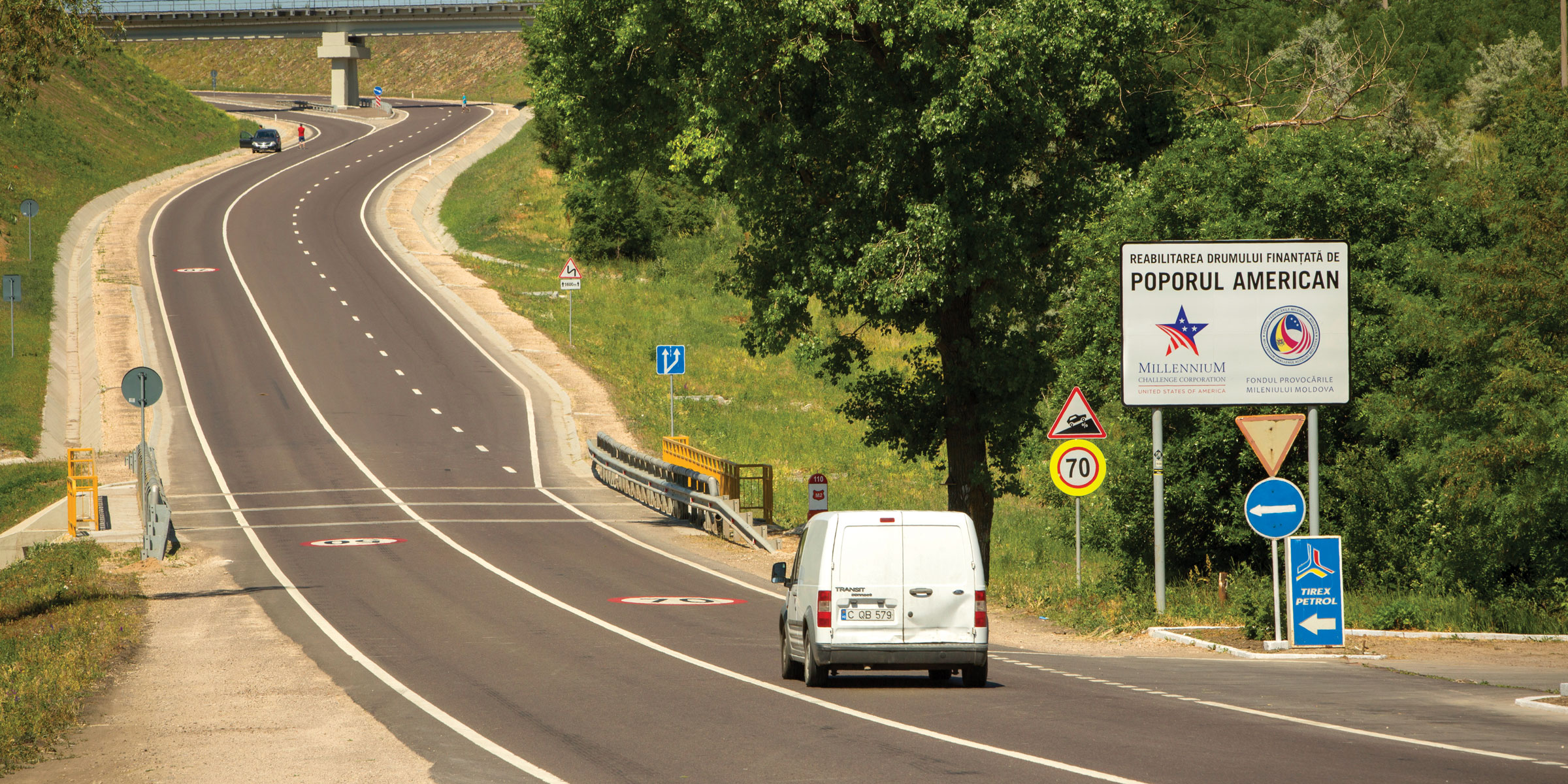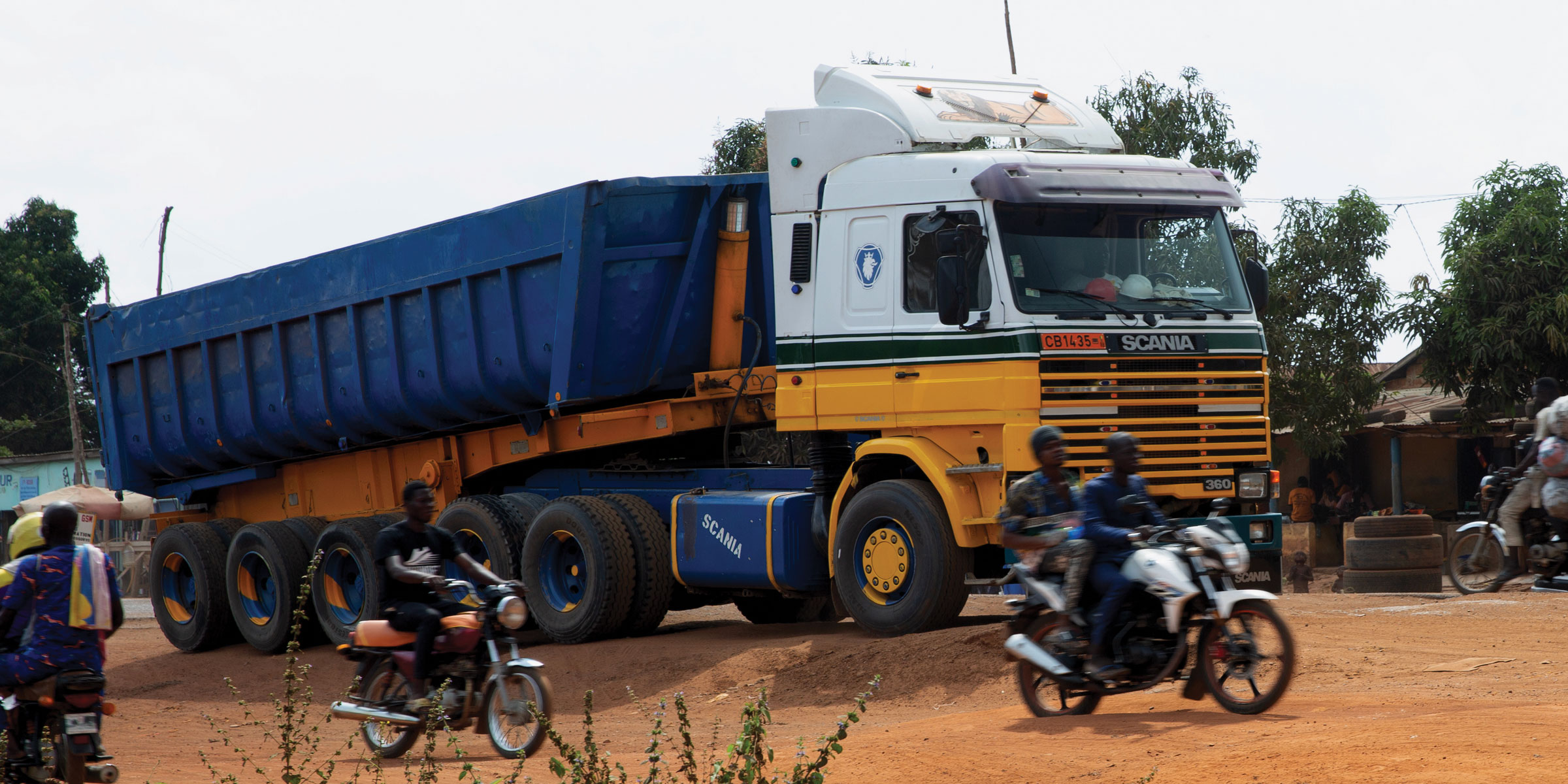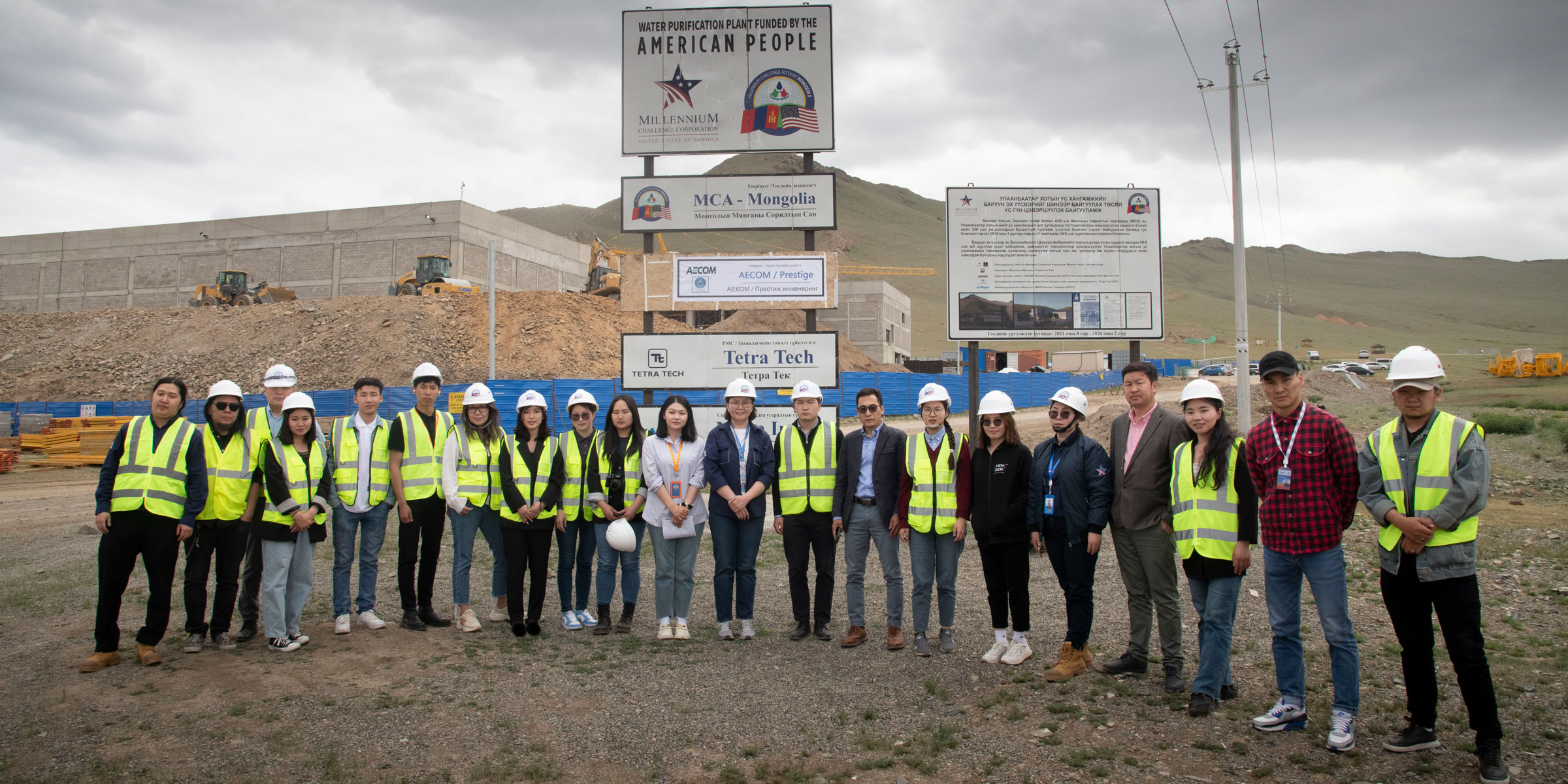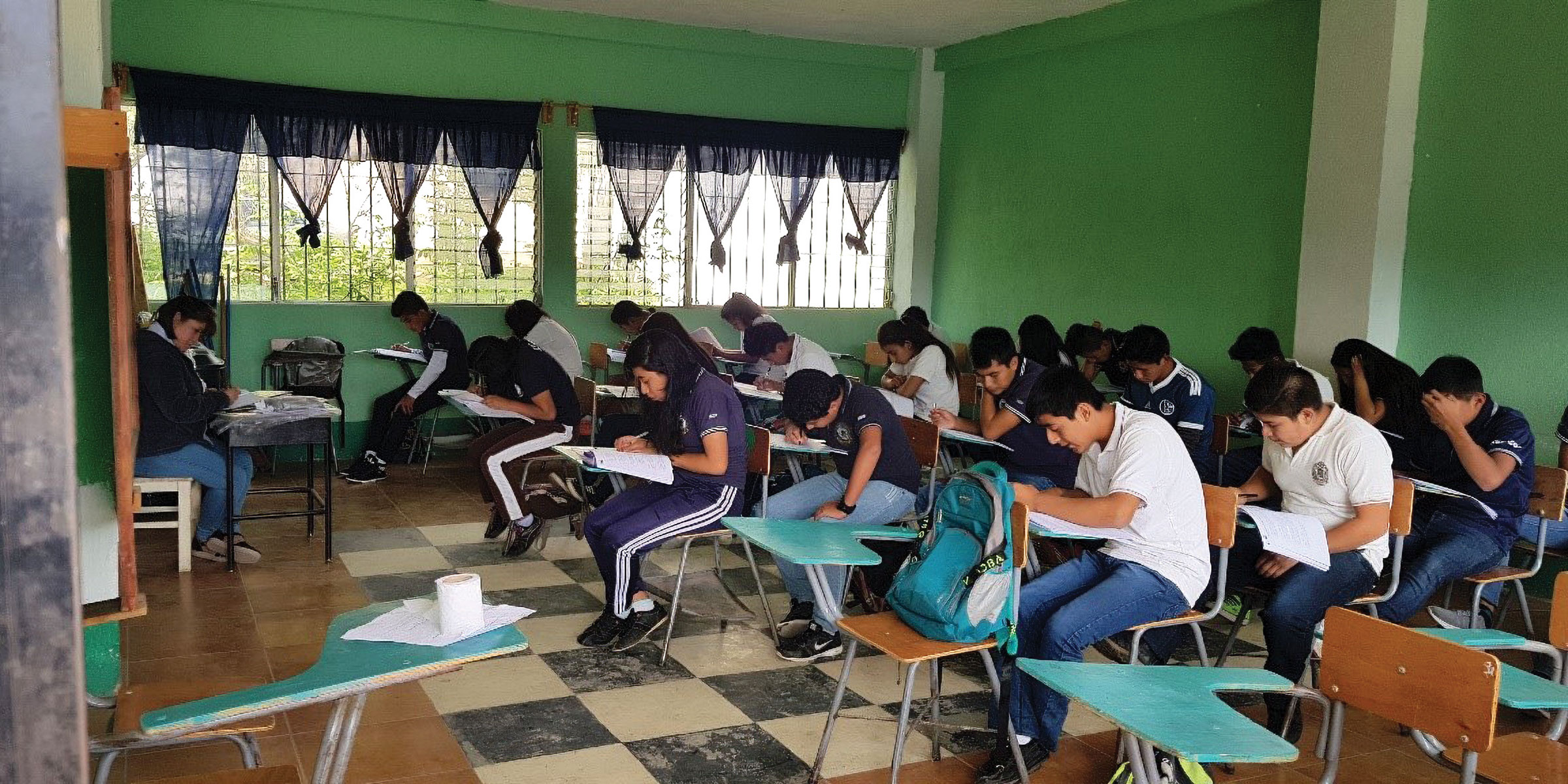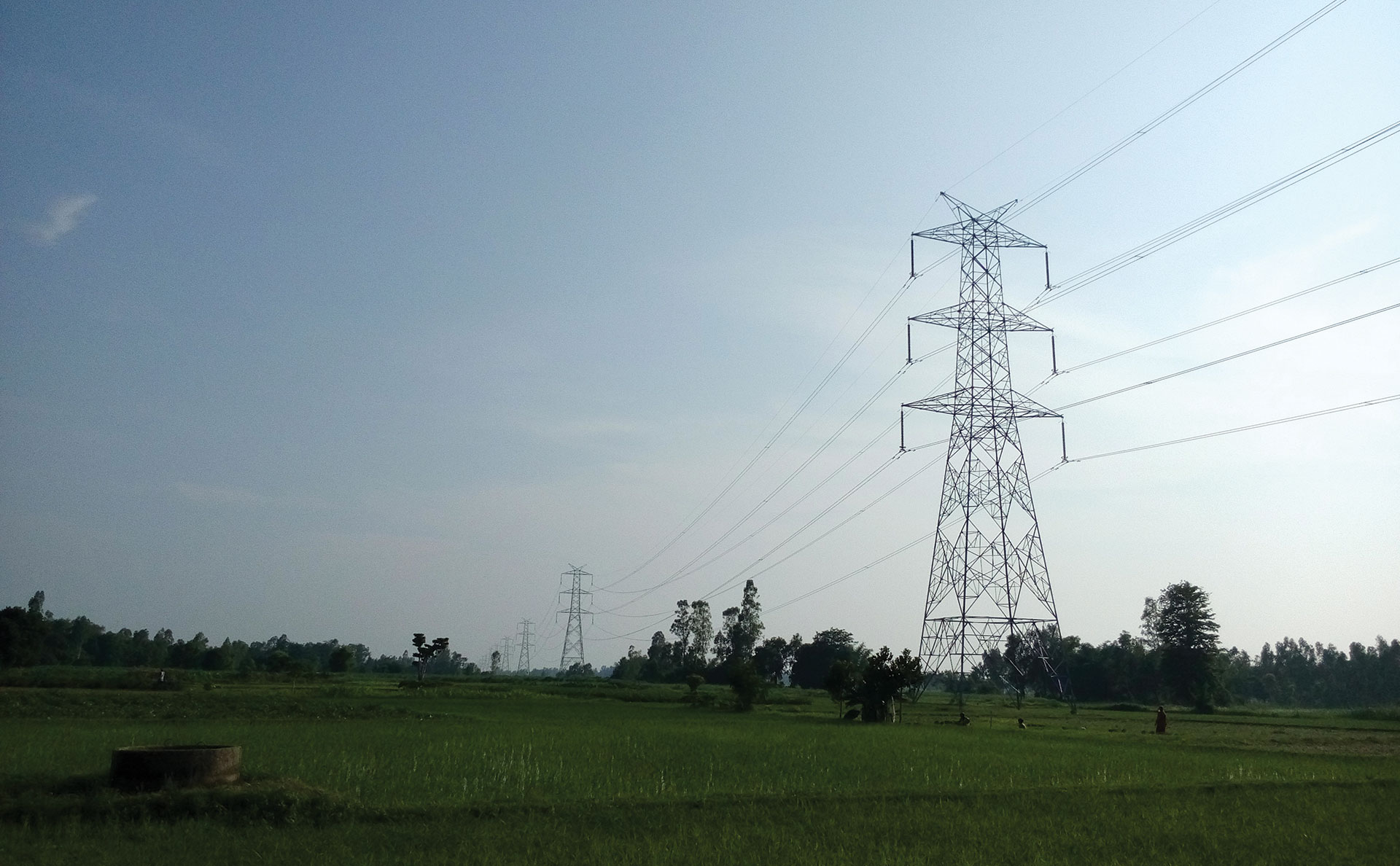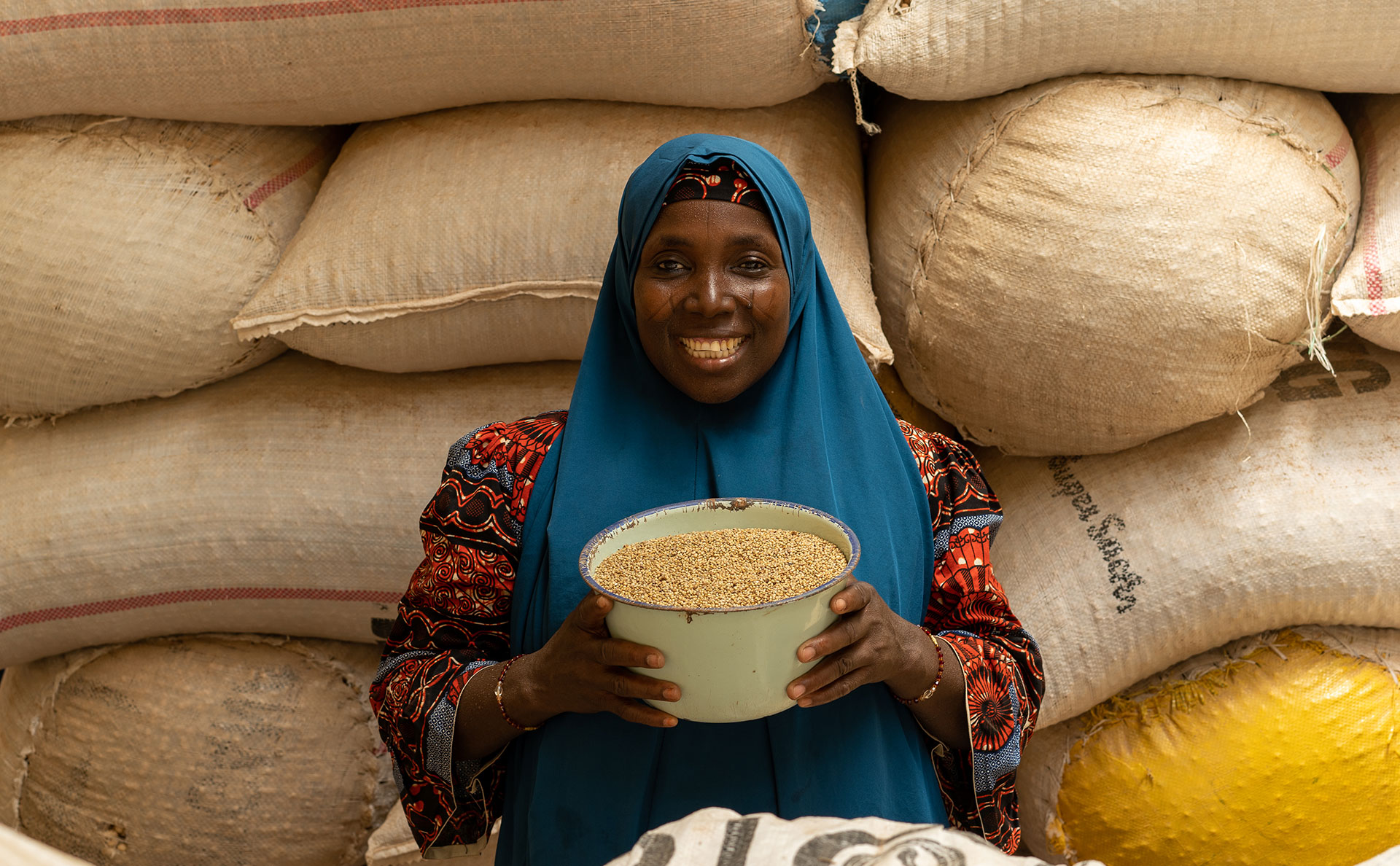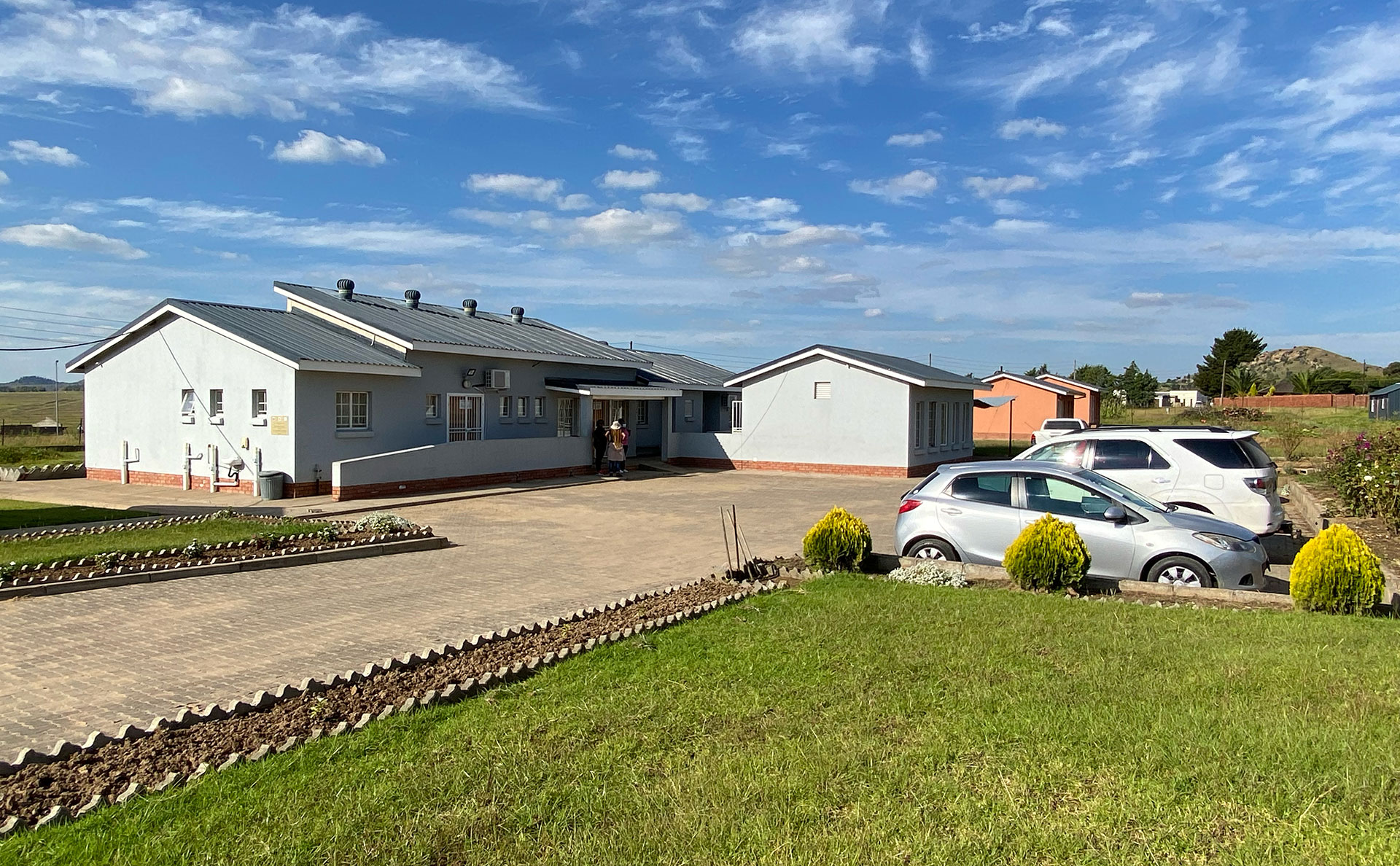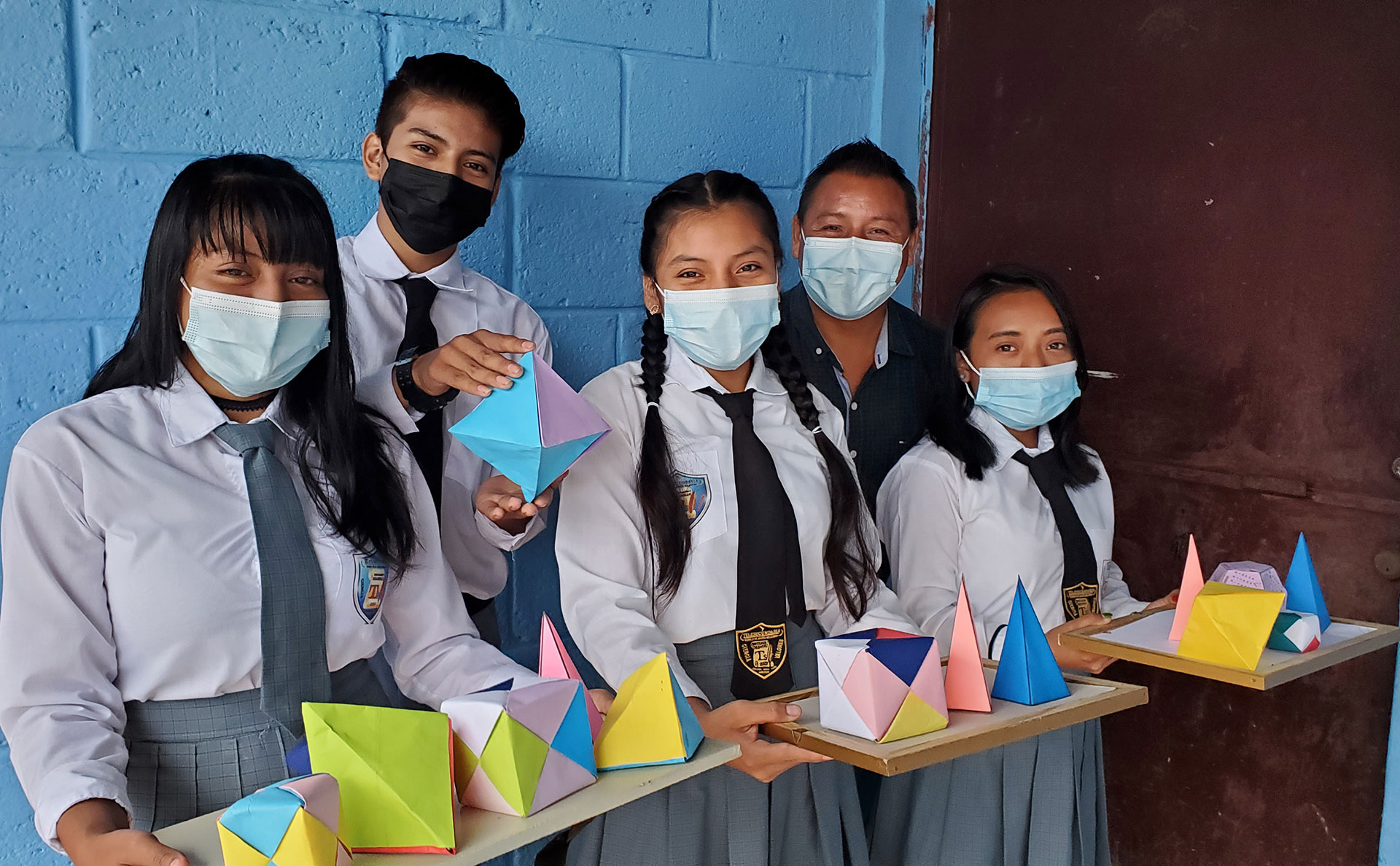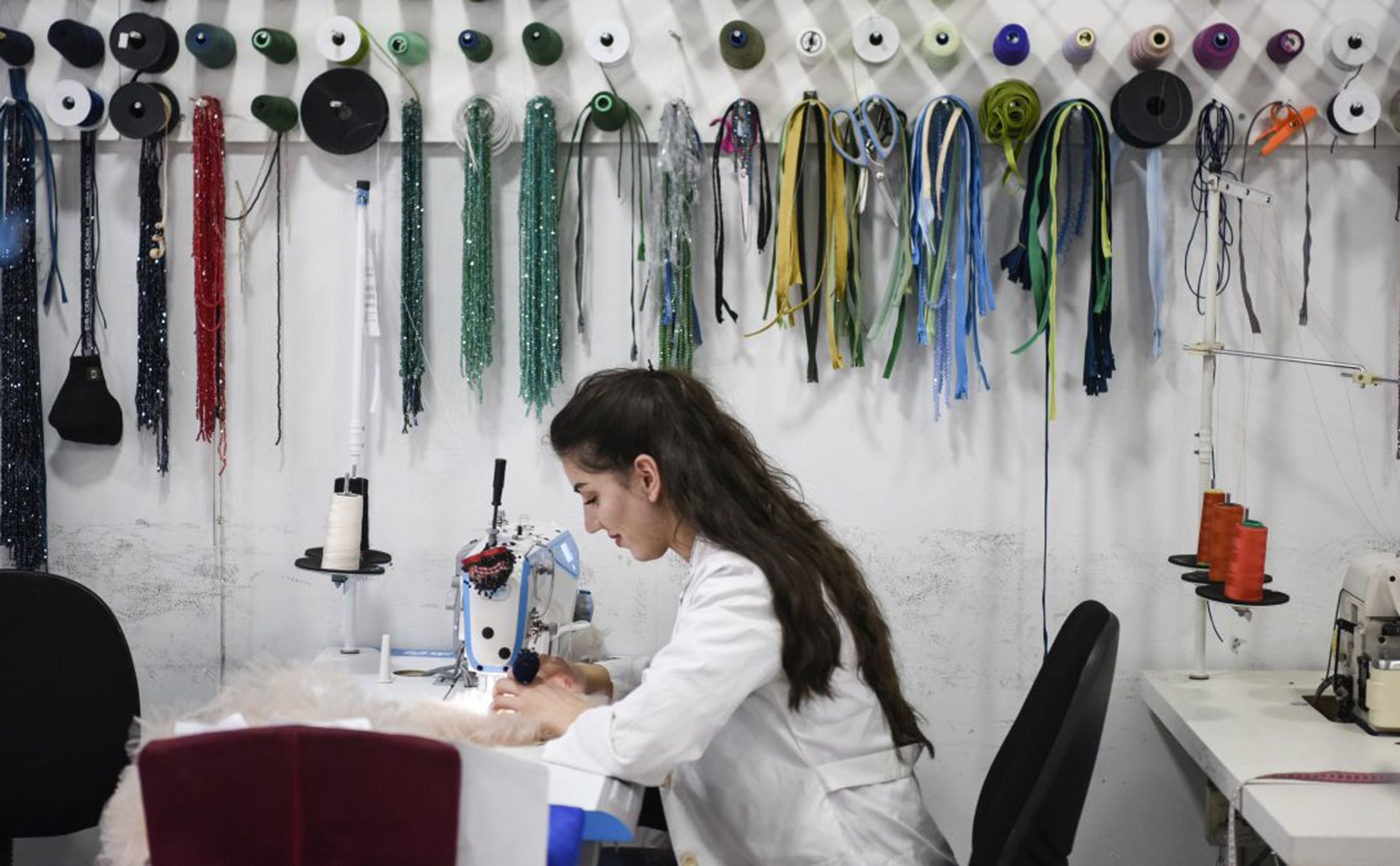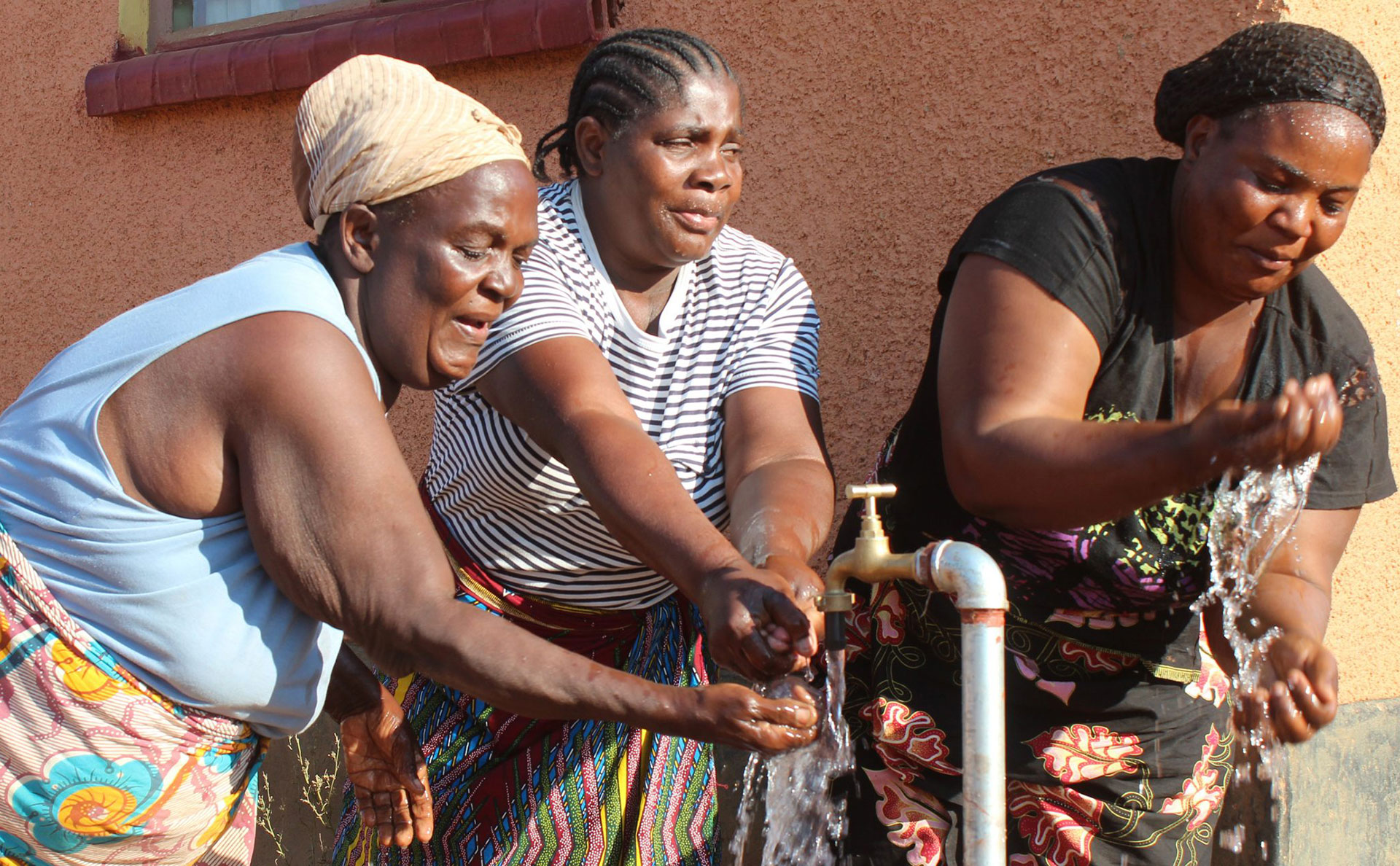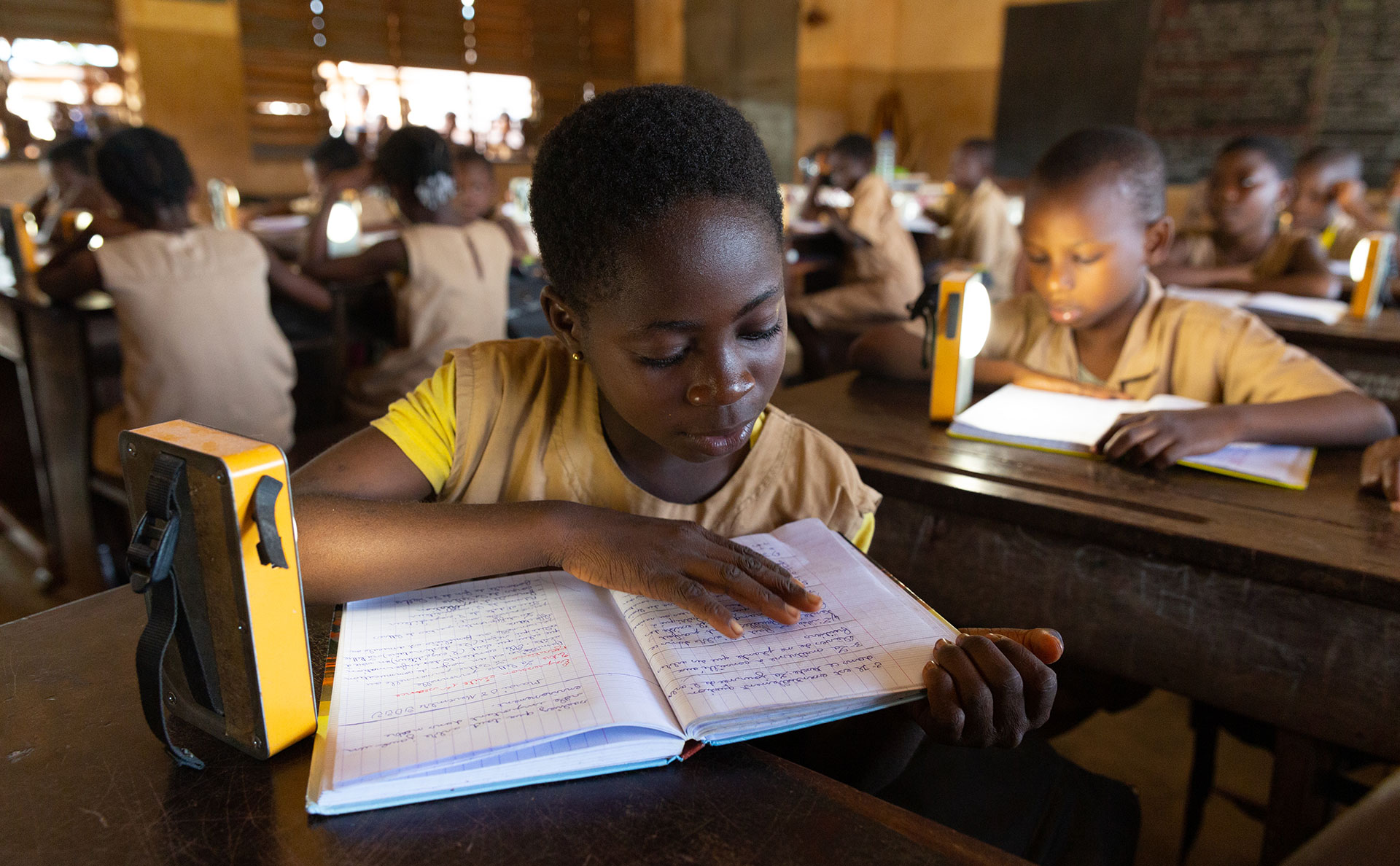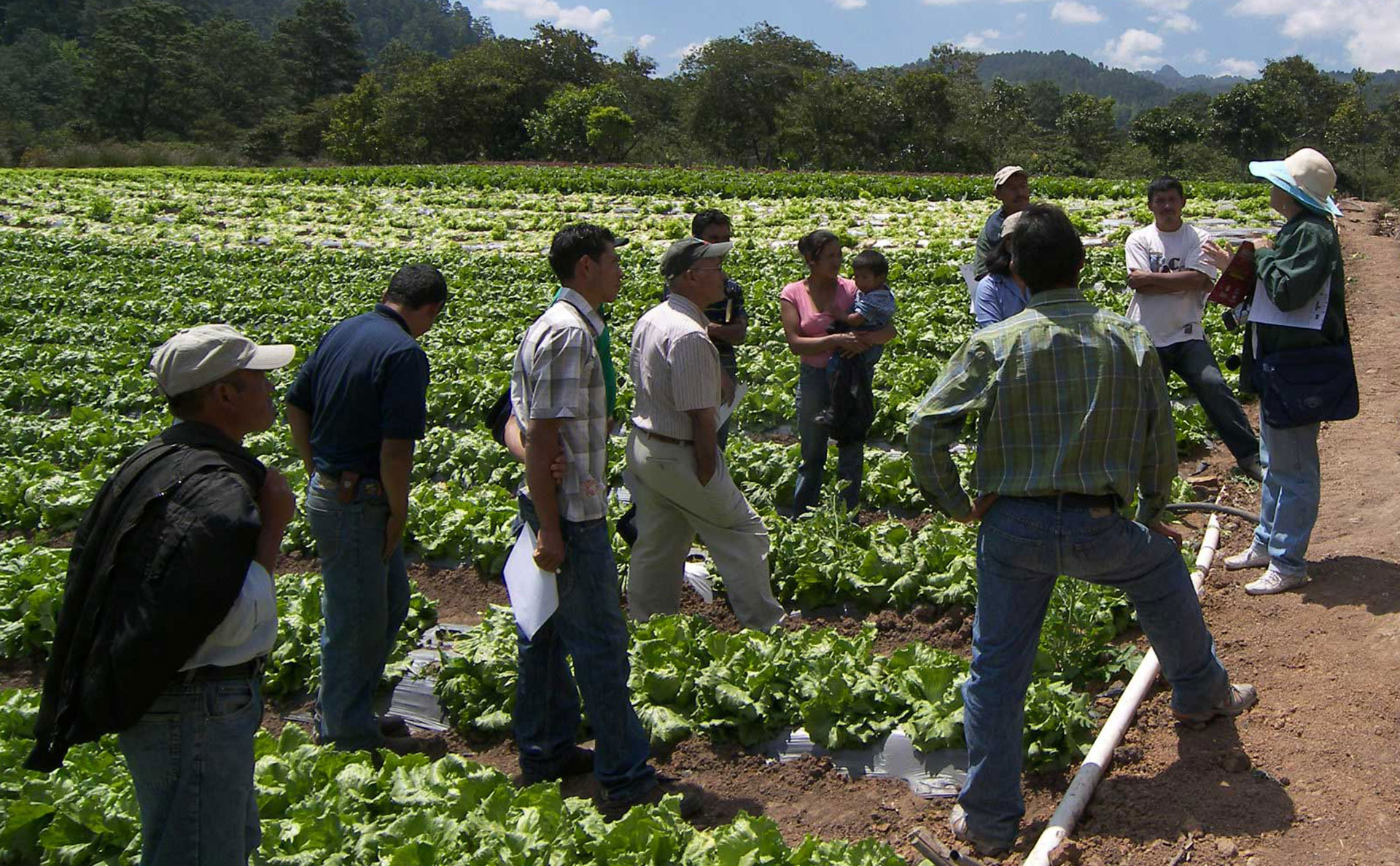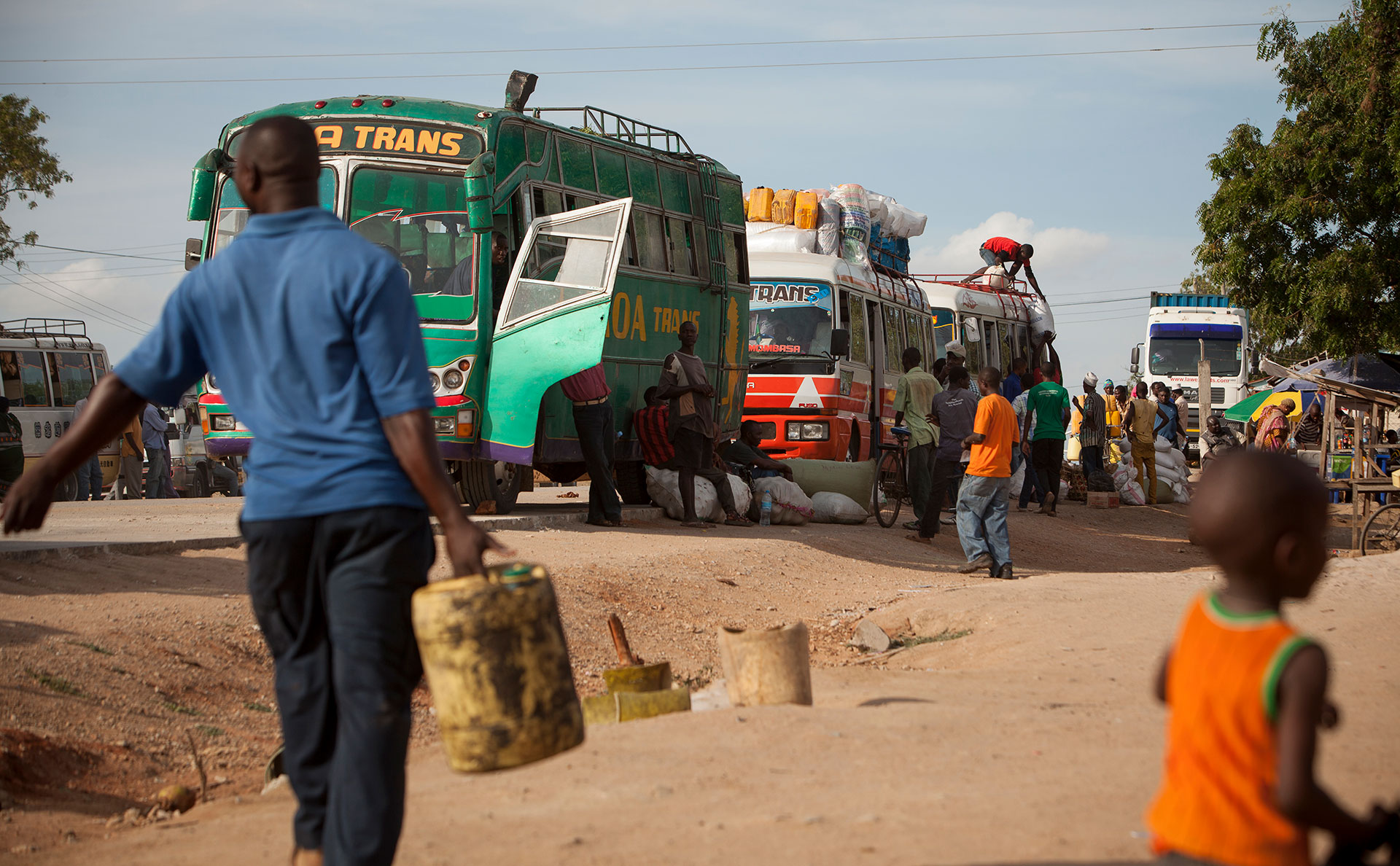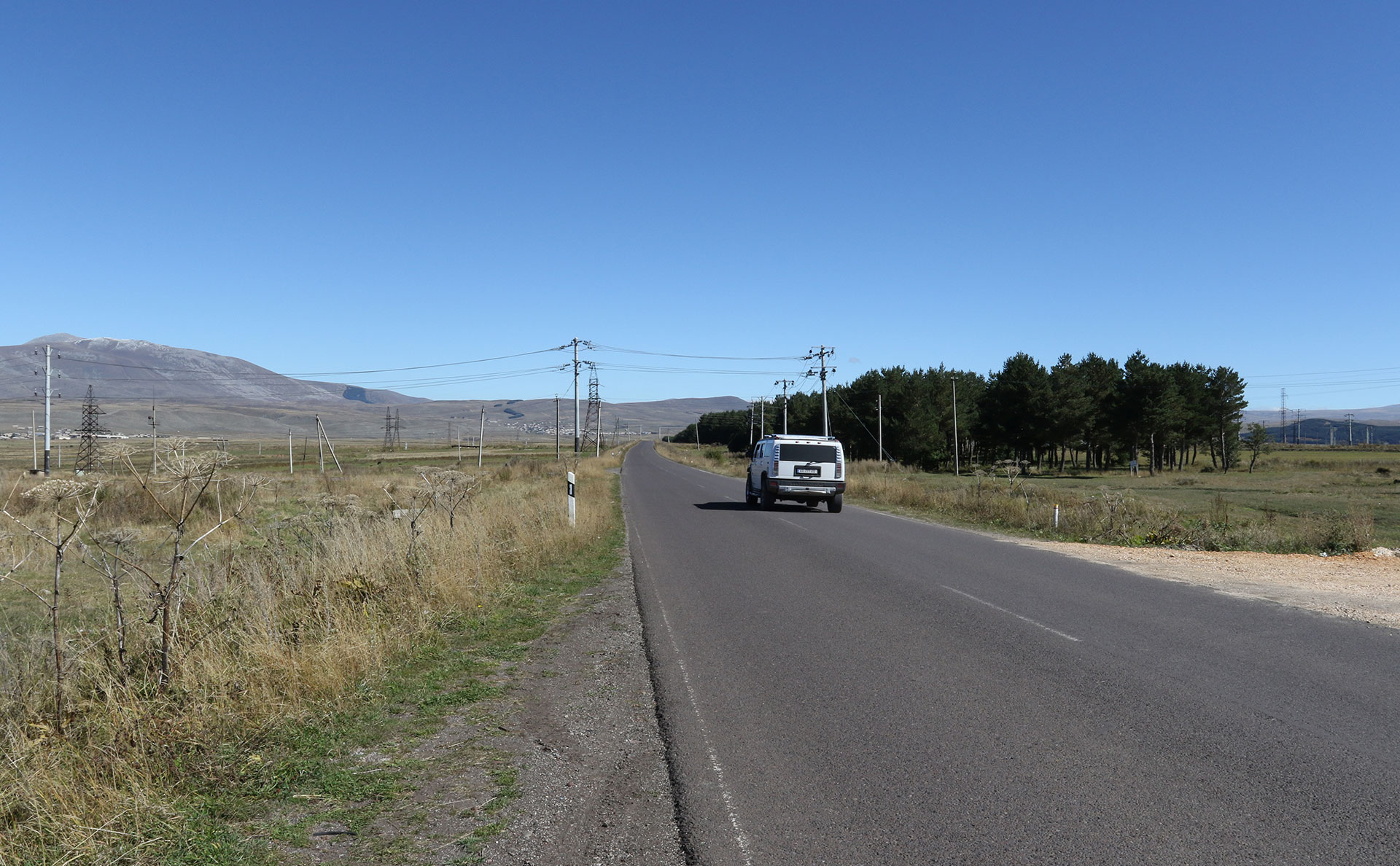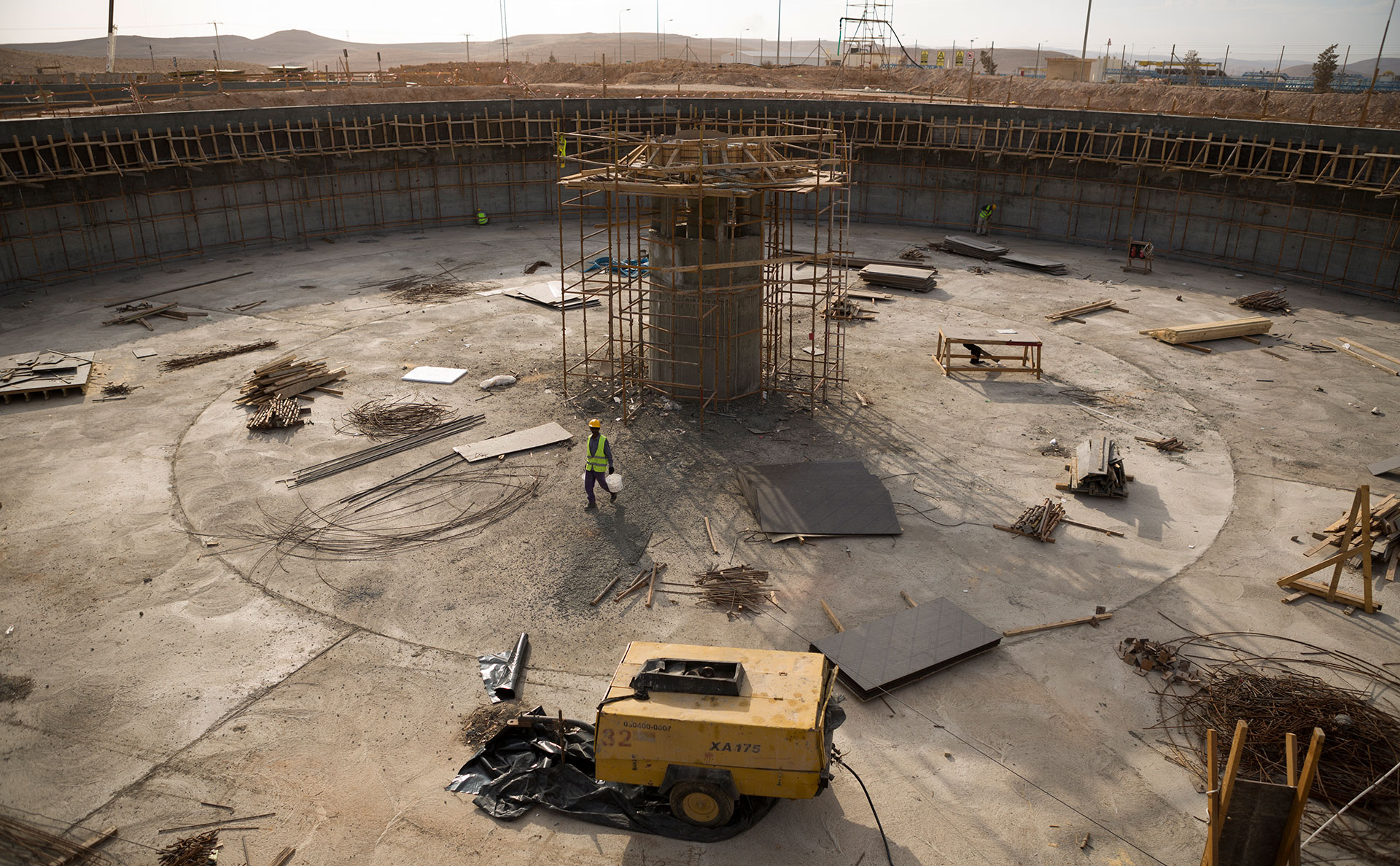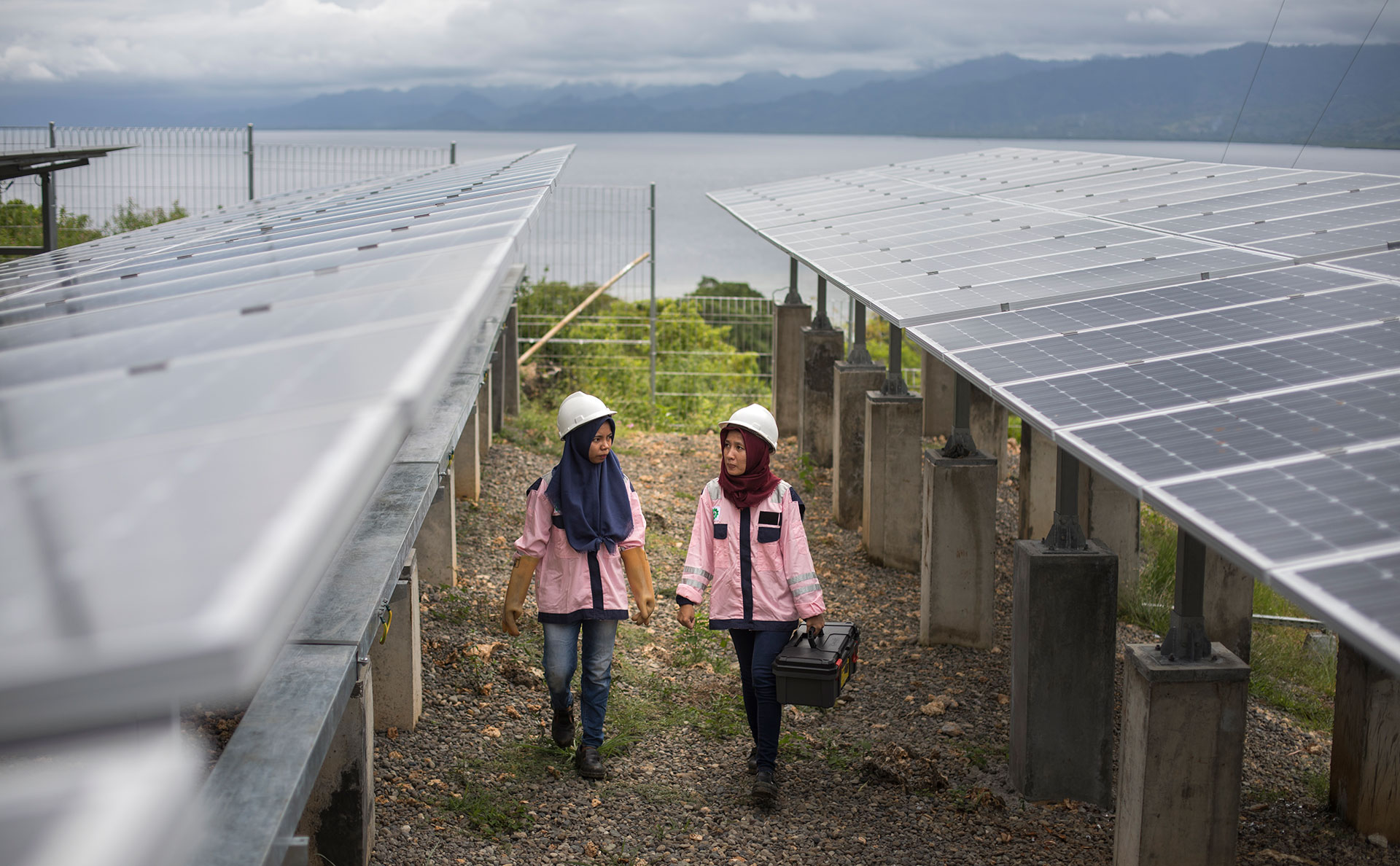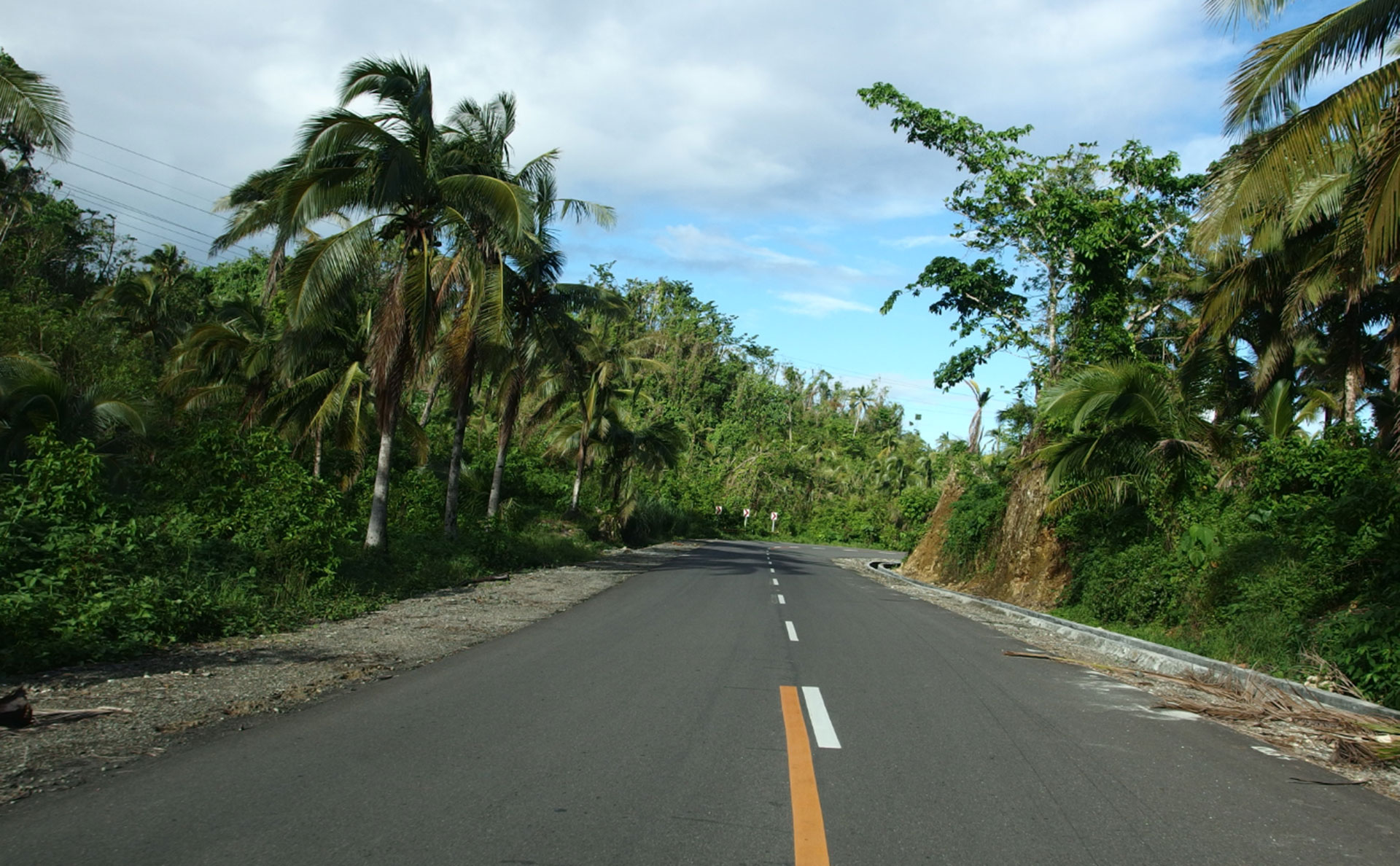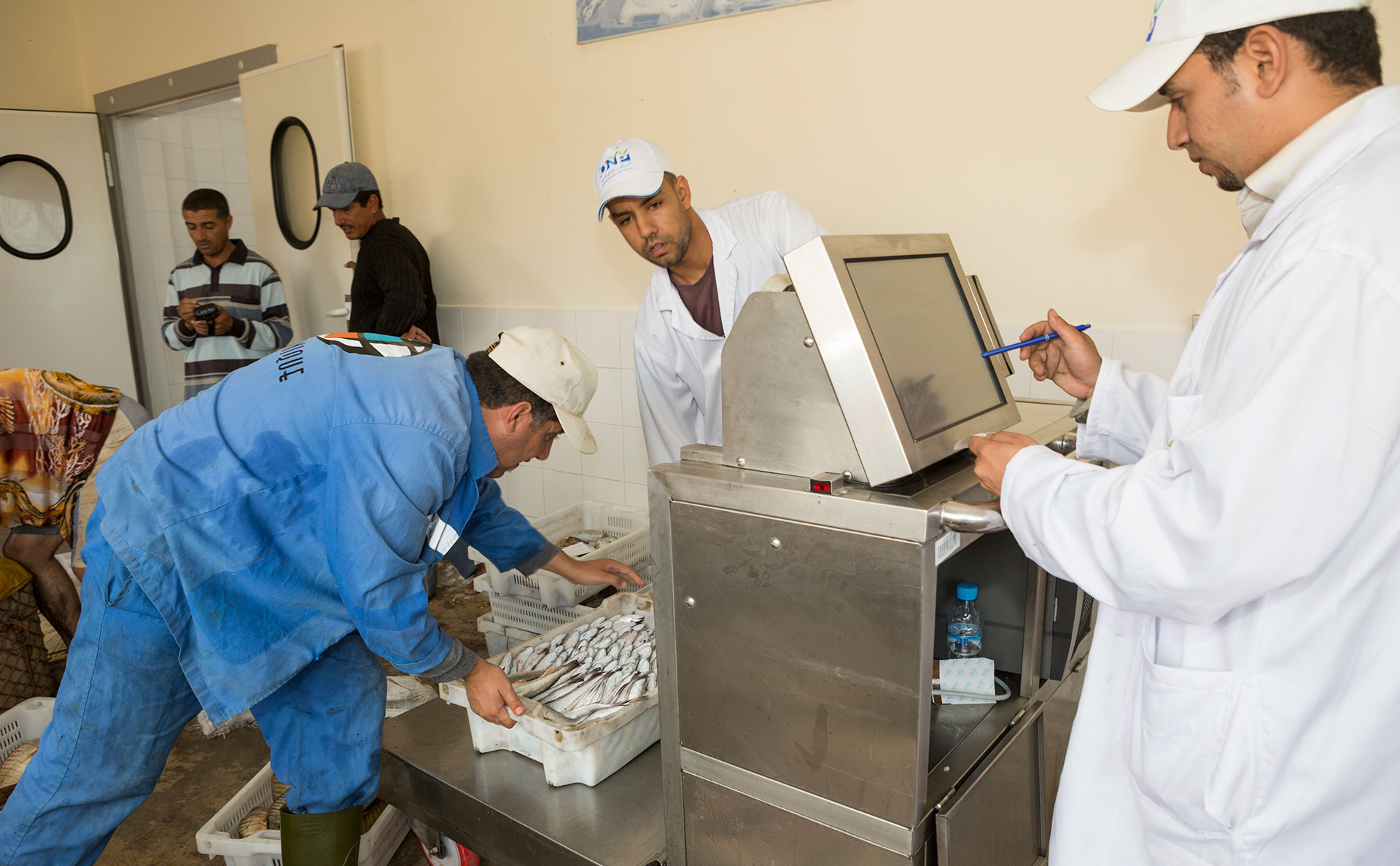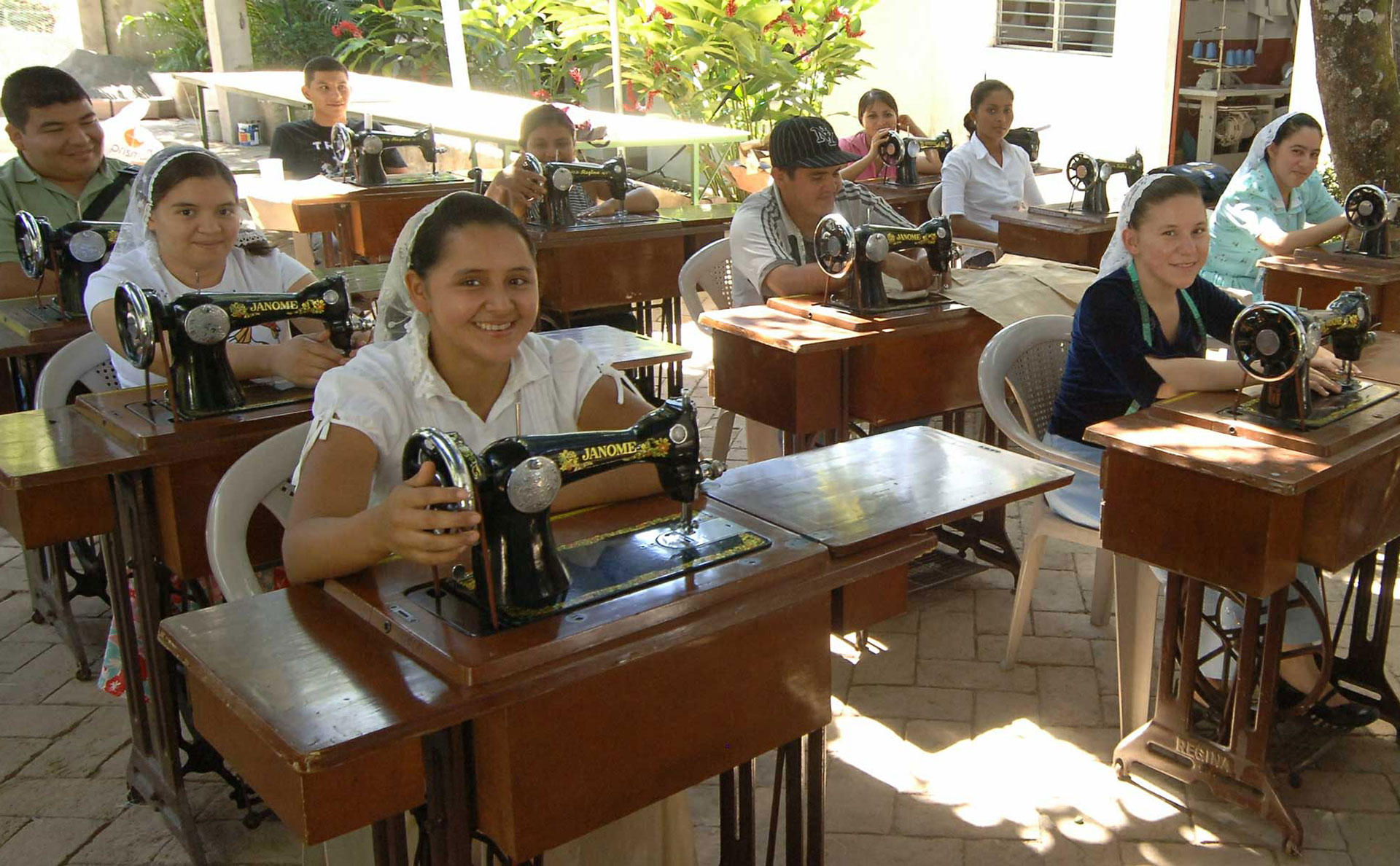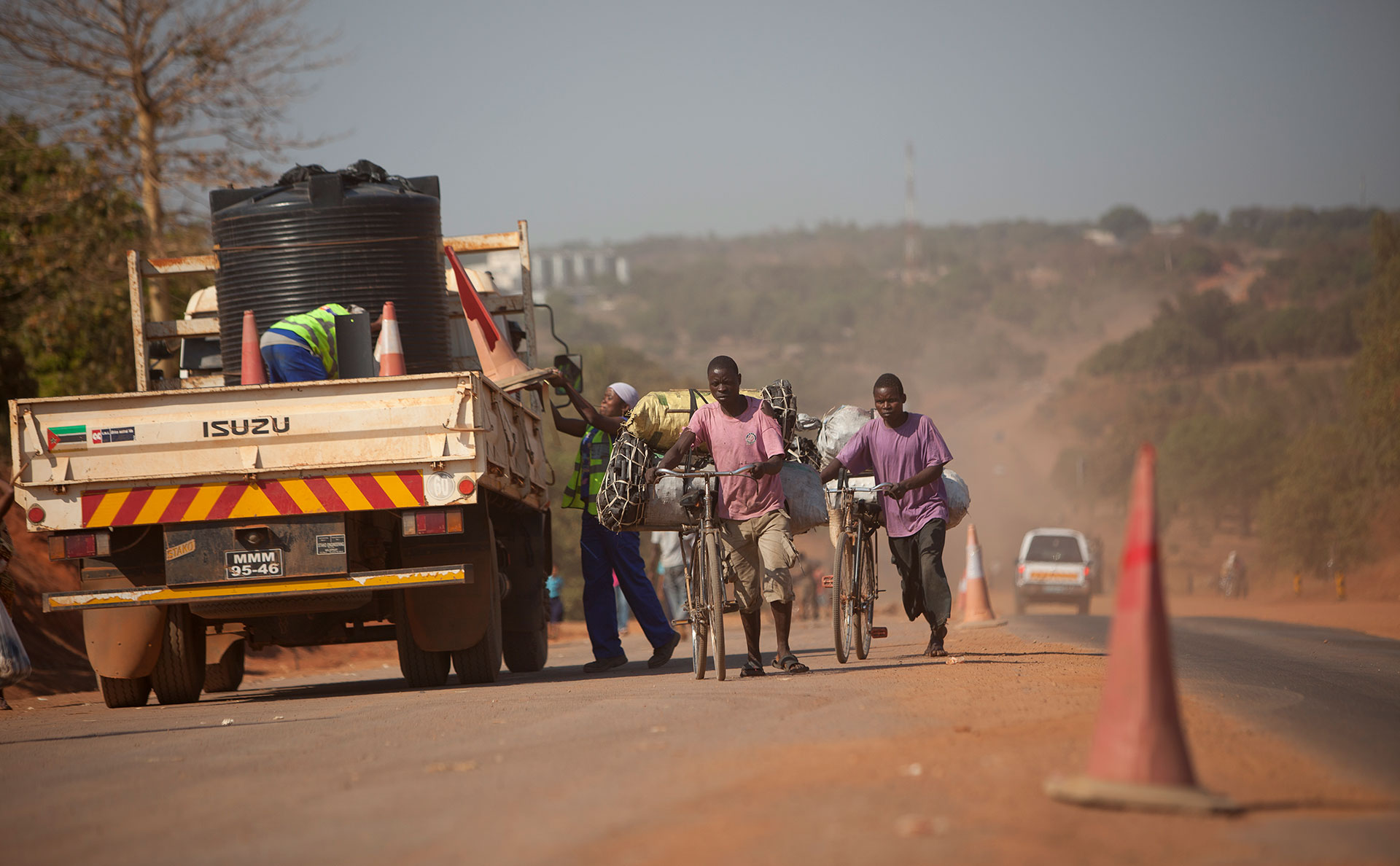Celebrating 20 Years of Poverty-Reducing Growth
.
-
20th Anniversary Resources
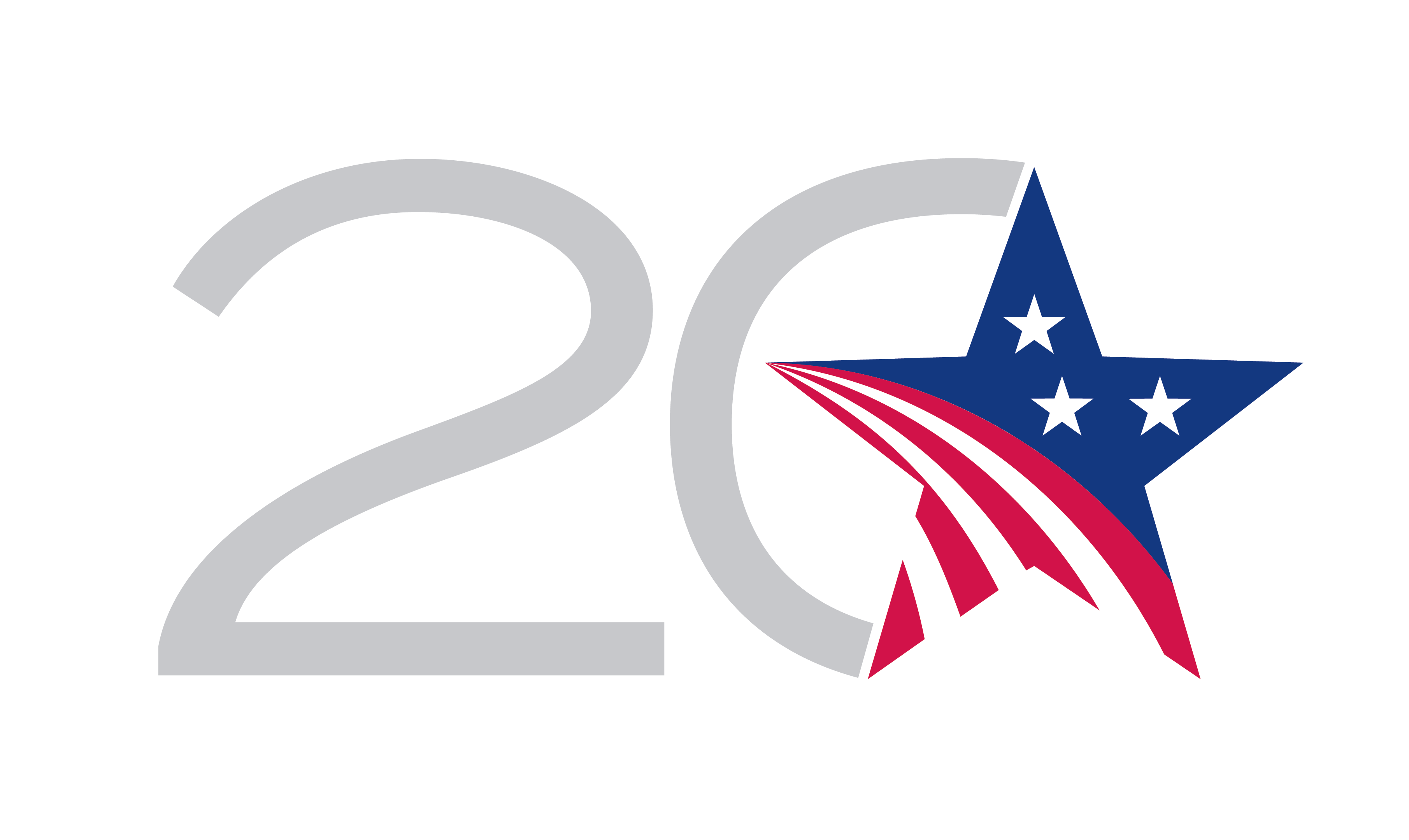
With strong bipartisan support, the Bush Administration conceptualized MCC in the early 2000s as a bold experiment to deliver U.S. foreign assistance through cost-effective, evidence-based project approaches.
Over nearly two decades, MCC has invested nearly $17 billion in infrastructure and policy reforms in health, education, power, agriculture, and transport across 47 countries, with programs expected to benefit over 380 million people. As the agency celebrates 20 years, we reflect on our achievements in combatting poverty, build on lessons learned, and set a path forward, allowing us to better engage with our partners for years to come.

20 Years of Policy-Driven Growth
Policy reform is a driving force for progress and prosperity as partner countries work toward paving a brighter future for their country and their people. At MCC, we also understand that fostering sustainable economic growth requires prioritizing policy investments that advance democratic values, investments in people, and economic freedom.
Guided by these core principles and values of selectivity, transparency, and accountability, MCC has forged partnerships and driven policy reforms in 47 countries, which are expected to deliver economic and social benefits to over 380 million people globally.
Moreover, in a rapidly changing world, advancing policies to meet emerging needs and capitalize on opportunities for growth is imperative. To maximize impact and reach, partner countries and development agencies, like MCC, must remain flexible and refine strategies to align with evolving circumstances.
Whether adjusting programs based on new data or tackling emerging issues head-on, MCC remains committed to maintaining the agility to ensure our initiatives remain impactful and effective.
We stand ready to apply our data-driven model to the places that need it the most.
Discover how MCC leverages data and evidence to strengthen and expand strategic partnerships prioritizing democracy, human rights, and investments in their people.
Learn about MCC's efforts to expand its policy reforms, which aim to amplify its impact and benefit even more individuals and communities around the world.
EVENT
-
Watch the March 6, 2024 event where MCC hosted a Congressional dialogue with MCC CEO Alice Albright and Members of Congress to discuss MCC's 20th anniversary of delivering country-led, results-driven development around the world.

20 Years of People-Driven Growth
MCC's people are its power. Their work fuels the Agency's impact to deliver our mission to reduce global poverty through sustainable economic growth. Over the last 20 years, MCC’s targeted investments in well-governed countries have made a real and meaningful difference in the world.
The diverse perspectives and experiences of MCC’s people and partners drive economic prosperity—beginning from the selection process and continuing throughout the lifecycle of every program. Even through unexpected challenges, they keep the agency accountable and honest, making MCC the world’s most transparent bilateral development donor.
MCC’s trailblazers have strengthened our approach to how we do business. MCC staff values collaboration and learning— from how we amend internal processes to be more accountable to evolving the country development process to focus more on country ownership and integrating innovations like digital inclusion, blended finance, and climate mapping in our work. As a result of our collective work to make MCC its best, our partner governments, stakeholders, and the people of MCC further advance the global goal of poverty reduction through our unique model of country-led ownership.
Learn more about MCC’s unsung heroes.
MCC's PEOPLE
-
Dan Petrie
In 2019, Dan Petrie was a critical part of the MCC team that led the expansion of MCC’s mandate to allow regional concurrent compacts, in addition to existing compact and threshold program programs that focus on greater regional economic growth. Currently, MCC is working with Côte d’Ivoire, Benin, Senegal, and Cabo Verde to develop new regional compacts.
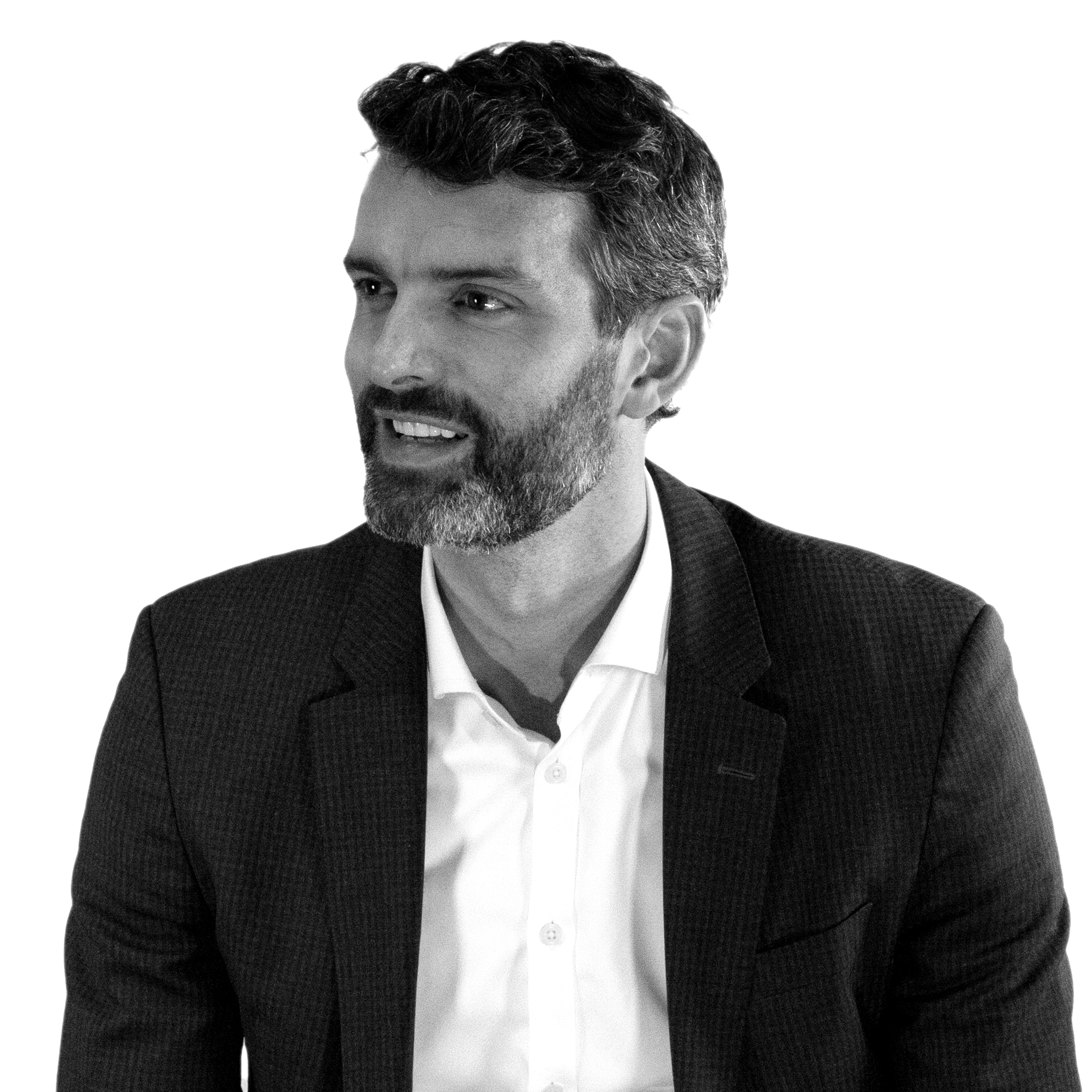
“Goods and services don’t stop at borders; regional investments can provide that extra oomph needed to accelerate economic growth.“
-
Jonathan Brooks
When Jonathan Brooks joined MCC in 2005, the Agency was still learning to navigate its role in the U.S. Government’s foreign affairs toolkit and how to implement its principle of country ownership. Through the dedication and collaboration of MCC staff like Brooks, MCC has grown into the success it is today.
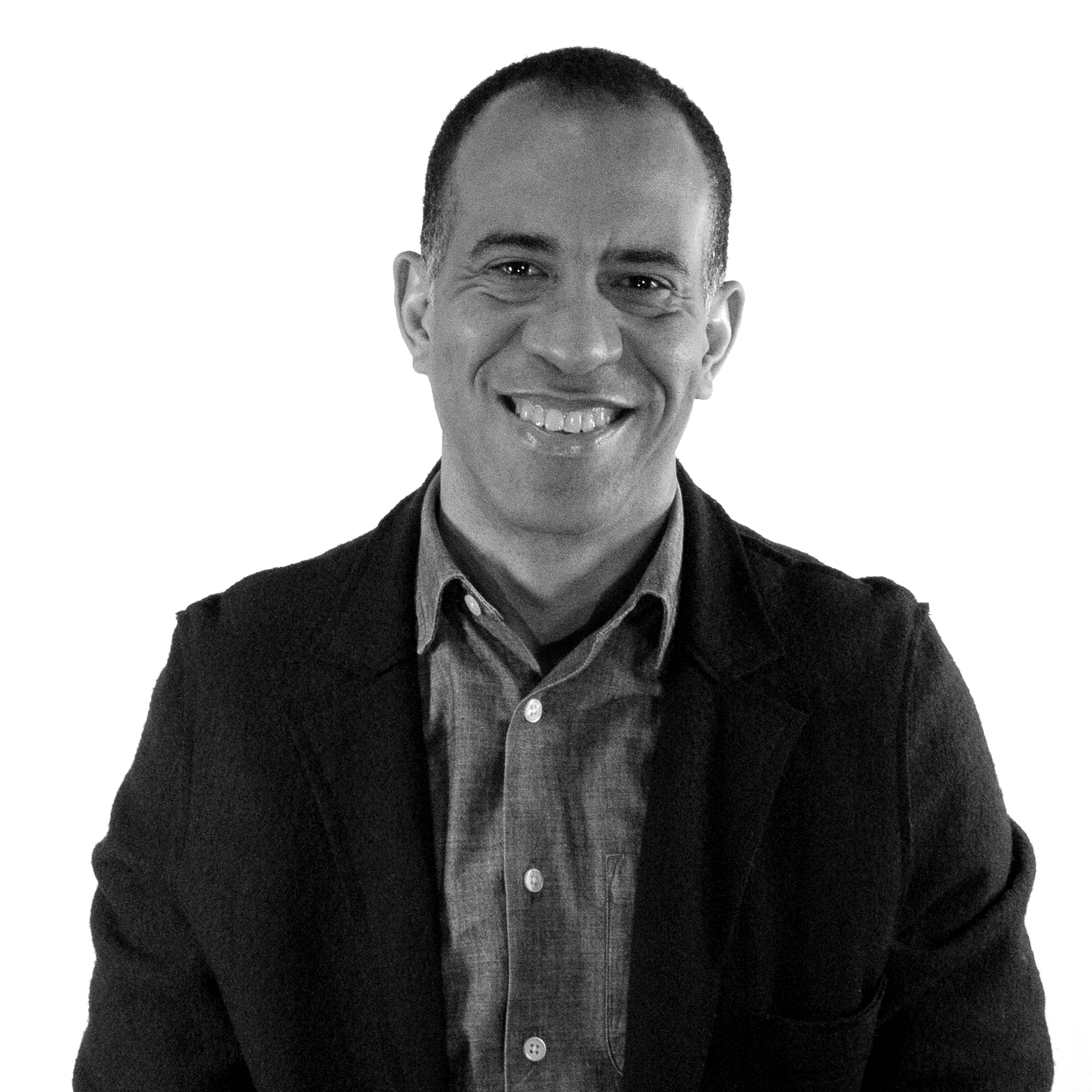
“At the time, MCC felt very much like a mash between a start-up, a brokerage firm, and an NGO, with driven and smart people working very hard to get programs designed and signed. People were relentlessly driving program design with significant freedom and responsibility.“
-
Gina Spiro
After six years of country selections and program design and implementation, it was clear that MCC needed an organizing mechanism to bridge various departments, divisions, and teams. In 2010, Gina Spiro led the cross-agency initiative to develop MCC’s Policy on Policies— a clear, effective process for staff to amend, develop, and produce policies and processes at MCC.

“We were hungry for clarity and consistency. By creating a unified and collaborative process for Agency policy changes, we successfully outlined the methods for change, and created a single resource where all MCC policies could be found. The Policy on Policies transformed how we work together.”
-
Agnieszka Rawa
As technology became increasingly common, MCC adapted to the changing world by supporting partner countries with their modernization efforts. In 2014, Agnieszka Rawa created MCC’s digital agenda, committing the agency to inclusive and sustainable measures in bridging the digital divide. As part of this effort, the Digifemmes program was launched, a collaboration between MCC, USAID, Microsoft, and other local partners- to provide Ivorian women entrepreneurs with the digital skills they need to grow their businesses.

“Ensuring that women and excluded communities are at the center of digitalization is probably the most transformative investment that we could be making.”
As we forge ahead, the remarkable people of MCC will continue to enable the agency to be responsive to the rapidly changing development environment and navigate the increasing challenges of the climate crisis, rising food and energy costs, and threats to human rights and democracy.
EVENT
-
MCC@20: Celebrating 20 Years of Economic Growth
Watch the January 23, 2024 event where MCC celebrated 20 years of innovative international development and the poverty-reducing benefits the agency has delivered to millions of people worldwide.

20 Years of Sustainable Growth
In an interconnected and ever-changing world where complex crises such as armed conflicts, climate change, and inequality extend beyond borders, the United States remains committed to working with partner countries across the globe to meet their Sustainable Development Goals (SDGs).
MCC works hand in hand with partner countries to deliver high-impact programs and policies to meet the unique needs of a country and its people. Through large, multi-year grants, MCC supports sustainable development and enables necessary investments in infrastructure for the agriculture, energy, transportation, and water sectors that drive economic growth.
With nearly 92% of our entire investment portfolio supporting partner countries in meeting their SDG ambitions, MCC is well positioned to accelerate progress on the 2023 Agenda for Sustainable Development.
Learn more about MCC’s efforts to collaborate with our partner countries to achieve their SDGs.
EVENT
-
MCC: Celebrating Partnerships and Advancing the Global Goals
Watch the September 18, 2023 event where MCC co-hosted an action-oriented reception with the United Nations Foundation entitled “MCC: Celebrating Partnerships and Advancing the Global Goals.”

Connect With Us
Are you an MCC alum interested in the agency’s 20th Anniversary? Please email us at 20thanniversary@mcc.gov.
Follow our official social media handles to ensure you stay up-to-date with MCC’s 20th-anniversary campaign.


